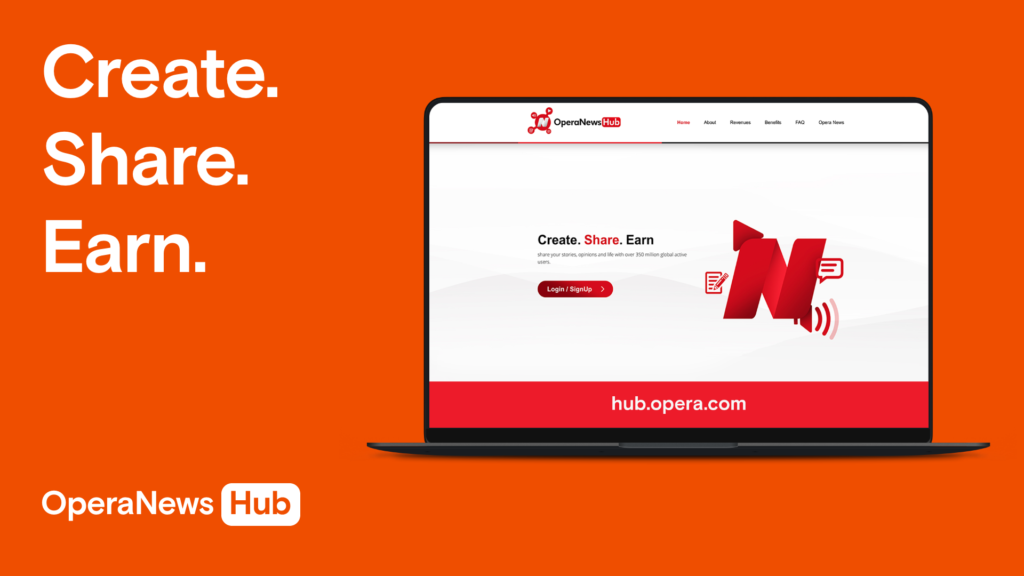For those who may not be aware, Opera News last year signed on some writers to contribute to its platform at an agreed fee.
Payment for freelance contributions is not new, but only very few media houses in the country presently pay writers.
The terms and conditions the contributors were supposed to sign were not acceptable to all those contacted and some opted out.
There were also some complaints about the approval process of contributions which the organisation tried hard to improve on.
Notwithstanding the complaints and other things Opera needs to improve on, there are lessons for traditional and online media houses in the country to learn from the online platform on how to maximize their traffic, engagement and revenue.
Here are observations by Lekan Otufodunrin who writes content for the platform along with his experience in the traditional media.
- Payment of contributors
It takes efforts, time and resources to write good content or get stories for publication. Media houses must be ready to pay contributors some amount based on the quality of their contributions.
Payment is a necessary incentive for contributors to put in their best and go the extra mile to get must-read content.
Opera has various payment agreements for its signed and other contributors.
There are some content regular staff may not be able to get for which freelance contributors have to be paid.
A media house recently shared information about its community platform asking for contributors who will not be paid. Some people may not mind contributing for free for some time, but after a while, they will opt-out.
Most media organisations in the country don’t pay contributors because they think they are offering the writers the platform to get known. This is true to an extent, but every writer deserves payment for their contributions if they are to continue to offer quality content.
- Have terms and conditions for writers
There must be clear terms and conditions for engagements for contributors. They need to know what they will be paid for, how and when.
Contributors must know what they can write and what they cannot write. Penalties for violations must be spelt out to avoid any disagreement of what is acceptable to each of the parties.
- Make staff more productive
One advantage most traditional media houses have over new media platforms is the number of experienced staff with access to information on various beats and sources.
Instead of maintaining their regular schedule, the staff can be better utilized for the websites and other new platforms of the legacy media houses.
There must be real convergence in editorial operations that ensures efficient use of staff to generate multiple contents as quickly as possible.
When a story breaks and it’s uploaded, there should be a need for quick follow up for updated information, interviews, analysis, and other ways of re-presenting available reports.
All capable hands and not only online staff should be deployed.
- Give writers access to backbend
One way for staff and contributors to know how well their stories are performing online in terms of traffic: impression, clicks and engagement is to have access to a part of the back end.
While they can upload contributions which must go through various levels of quality control, they should be aware of analytics about their content and take the necessary step to improve.
It’s no longer enough for writers to just write, they need to monitor how well their stories are doing and ensure more people click to read.
They need to write more of the content that is generating more traffic than those not read.
- Pay extra for performing posts
Apart from normal pay for content, contributors should be rewarded with extra payment for those that exceed normal targets. This will serve as an incentive for writers to get more of the extra-performing posts. Of course, if posts are performing below targets writers may have to be told to buckle up or risk being disengaged.
- Offer tips to improve on contributions
To help writers improve on their performance, there should be updates on how well the general content on the website is doing. Which stories are doing well and why, what kind of headlines are advisable, what kinds of pictures and other multimedia should be utilized to attract more readers.
- Organise retraining sessions
Related to offering tips is the need for training to update the skills of staff. There are new skills for compelling storytelling and tools which journalists should learn to use.
Training could be formal or informal as long as it offers new learning opportunities and improvement.
- Use Artificial Intelligence
Getting readers to read online content require more than just uploading content and sharing on some social media platforms. Use of Apps with AI capacity will ensure that readers get to see more of the kind of stories they like to read and not be offered the same reports they may not be interested in.


